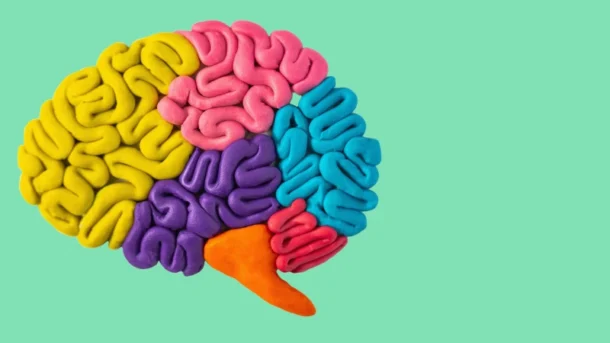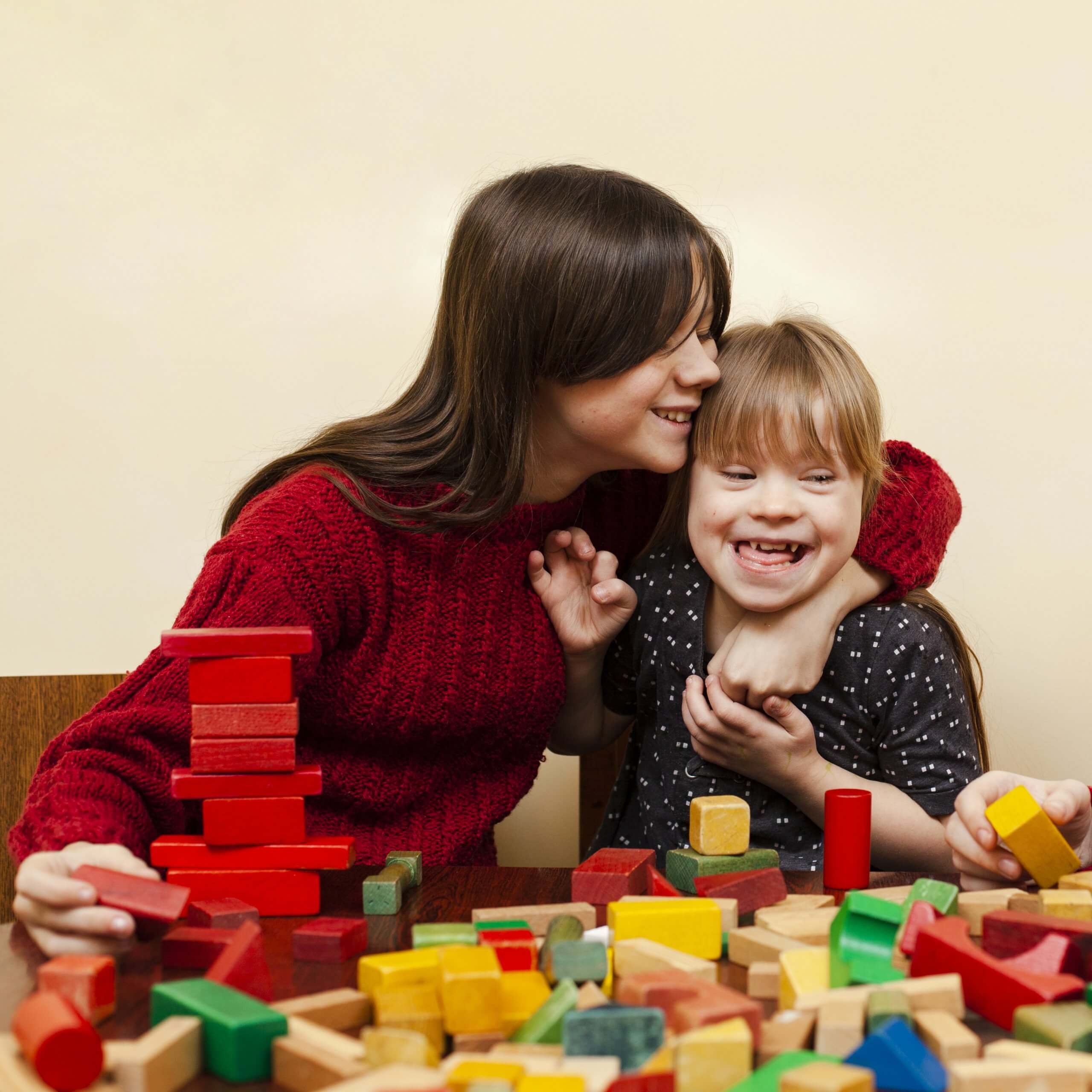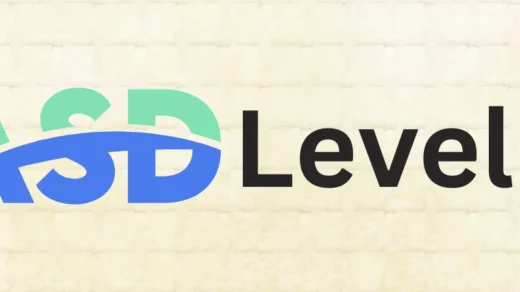Ever wondered at what age a child’s brain grows faster?
In the first five years! Yes, that’s when a child’s brain makes 1 million new connections every second. A child’s brain develops at a lightning speed during early childhood, and young children learn languages, habits, and skills quickly than ever. That’s why early childhood is critical for a child’s development.
Let’s understand what brain development is in early childhood, its different stages, and how it shapes your child’s learning and interactions for a lifetime.
What is Brain Development in Early Childhood?
Brain development in early childhood refers to how a child’s brain grows at different stages and builds connections during the early years. This is when a child learns to think, feel, move, speak, explore, and understand their surroundings.
Importance of Brain Development in Early Childhood:
The importance of brain development in early childhood shows in how it shapes a child’s lifelong learning, emotions, and behavior. Supporting brain development in early years boosts confidence, creativity, independence, and healthy childhood development for a lifetime.
7 Stages of Brain Development in Early Childhood:
A child’s brain grows through different stages, and understanding it helps us support young minds and provide what they need. These 7 stages of brain development show how a child’s brain changes from birth through early years, setting the framework for lifelong thinking, learning, feeling, and independence. The 7 stages of brain development in early childhood include:
Neurogenesis:
This is the birth of brain cells. It begins during the conception phase, before birth, and develops the building blocks for everything that leads to a child’s brain development (0–6 years).
Cell Migration:
Once the brain cells are born in the first stage, they move to their right spots. This is important for forming the brain’s basic structure during the brain development stages in early childhood.
Cell Differentiation:
Now, cells take on their special roles, each performing different duties. Some become memory cells, some take care of movements, while others handle emotions. Each cell is important to ensure healthy neurological and brain development in the early years.
Cell Maturation:
The brain cells develop stronger connections, preparing for critical thinking and complex learning. This step is key for effective brain development in early childhood.
Synaptogenesis:
Connections (synapses) begin to form between brain cells. This stage allows children to make sense of their surroundings and the world, like learning new words, recognizing faces, understanding cause and effect, and solving simple problems.
Cell Death and Pruning:
The brain clears out the unused connections, making it work more efficiently. It’s like cleaning up so the important parts can work seamlessly during the early years.
Myelogenesis:
This stage strengthens the brain’s wiring, allowing signals to move faster and better. It supports focus, memory, and coordination in children, important for brain development in the early years.
These 7 stages of brain development help children grow smarter and more capable in the early years, which lasts a lifetime, with each stage playing a different role in the early neurological development.
What Should a Parent Know about Brain Development in Early Childhood?
Parents should know that brain development in early childhood is quick and shaped by everyday, simple experiences. From birth to around 6 years, a child’s brain develops connections through play, love, talk, exploration, and interaction. Positive environments, structured routines, healthy relationships, and engaging activities like reading, singing, and exploring support effective brain growth. Your interactions, responses, connection, and care for your child shape how your child thinks, learns, understands, and feels throughout their whole life.
Frequently Asked Questions:
How does brain development affect children?
Brain development in early childhood shapes a child’s thinking, learning, and social interactions. It affects everything from expressing emotions to speech and lays the groundwork for future growth.
How does the brain change during early childhood?
During early childhood, the brain forms new connections quickly. Brain development during early childhood is crucial as these changes support a child’s memory, language, and problem-solving skills.
How does the brain develop during early childhood?
In early childhood, the brain grows through different experiences and endless learning. Play, talk, and interactions help form connections, supporting strong brain development in early childhood.
What are the five stages of brain development?
The five stages of brain development include prenatal, infancy, toddlerhood, early childhood, and adolescence. Each stage comes with different changes, like forming new brain cells and connections. Brain development in early childhood is important for improved learning, memory, and behavior.
What are the 7 stages of brain development in child development?
A child’s brain begins to form before birth and continues through early childhood. It can be understood through 7 different stages of brain development, which are:
- Neurogenesis
- Cell Migration
- Cell Differentiation
- Cell Maturation
- Synaptogenesis
- Cell Death and Pruning
- Myelogenesis
Does 90% of brain development happen before kindergarten?
Yes! Around 90% of brain development in early childhood occurs by age 5. That’s why learning and development in the early years matter so much.
What are behavioral red flags in 5-year-olds?
Behavioral red flags in 5-year-olds may include extreme anger, speech delays, weak social skills, or a lack of interest in play. These signs are concerning and point towards affected brain development in early childhood.
Why are the first 5 years of a child’s life so important?
The first five years are important as they build the brain’s foundation in a child. During brain development in early childhood, kids learn to think, feel, explore, and interact with others.
Does 85% of brain development occur before the age of five?
Yes, 85% of a child’s brain develops before age five. Brain development in early childhood happens quickly than at any other age in life.
Is critical brain development complete before a child starts kindergarten?
Most critical brain development in early childhood is nearly complete by kindergarten. However, learning continues, so nurturing and positive environments still contribute to brain development.
At what age are kids’ brains fully developed?
A child’s brain continues to develop into their mid-20s. While brain development begins in early childhood and lays the foundation, growth and learning last longer.
What is the neurological and brain development of a 5 to 7-year-old?
Between the ages of 5 to 7, children improve focus, memory, and develop problem-solving skills. Brain development in early childhood readies them for lifelong learning and independence.



